How to program effects on moving head LED stage lights? | Insights by LQE
- What Is the Basic Process to Program Moving Head Lights?
- Which Software Tools Are Recommended for Programming Moving Head Lights?
- How Do I Troubleshoot Common Issues in Moving Head Light Programming?
- What Features Should I Look for When Purchasing Moving Head Lights?
- How Can I Optimize My Moving Head Setup for Different Venue Sizes?
- How Do I Sync Moving Head Lights with Music?
- How Do I Maintain Moving Head Lights?
- How Do I Integrate Moving Head Lights into a Larger Lighting System?
- Conclusion
- Why Choose LQE for Your Stage Lighting Needs?
Programming moving head LED stage lights is essential for creating dynamic and captivating visual effects in live performances. This guide addresses common questions and provides expert insights to assist stage lighting professionals in optimizing their lighting setups.
What Is the Basic Process to Program Moving Head Lights?
Programming moving head lights involves several key steps:
Set DMX Addresses: Assign unique DMX addresses to each fixture to ensure precise control. For example, if a fixture uses 16 channels, set the first light to address 1, the second to 17, and so on.
Connect to a DMX Controller: Use a DMX controller or compatible software to manage the fixtures. This setup allows for the adjustment of various parameters such as pan, tilt, color, and gobo effects.
Create Scenes and Chases: Program static scenes and dynamic chases to automate lighting changes during a performance. This involves setting specific positions, colors, and movements to synchronize with the event's rhythm.
Which Software Tools Are Recommended for Programming Moving Head Lights?
Several software tools are available for programming moving head lights:
Professional Options: Software like grandMA3 (MA Lighting), ETC Eos, and Hog 4 (High End Systems) offer extensive control and visualization capabilities, suitable for large-scale productions.
Entry-Level Options: For smaller budgets or beginners, Lightkey (macOS), Freestyler DMX (Windows), and QLC+ (cross-platform) provide viable alternatives with DMX protocol support.
How Do I Troubleshoot Common Issues in Moving Head Light Programming?
Common issues include unresponsive fixtures, erratic movements, or incorrect colors. Troubleshooting tips are:
Check DMX Cables: Ensure cables are intact and properly connected to prevent signal loss.
Verify DMX Addresses: Confirm each fixture has a unique DMX address to avoid channel conflicts.
Review Software Settings: Ensure channel assignments in the software match the fixture profiles.
Reset Fixtures: If issues persist, reconnect the power supply and reset the moving head’s firmware.
What Features Should I Look for When Purchasing Moving Head Lights?
Key features to consider include:
Brightness: Measured in lumens; for large venues, lights above 20,000 lumens are preferred.
Beam Angle: Adjustable zoom ranges (e.g., 2° to 40°) provide versatile stage coverage.
Color and Effect Wheels: Multiple gobos, prisms, and CMY color mixing offer creative flexibility.
DMX Channel Modes: Ensure compatibility with your control system, with simplified modes for beginners and detailed modes for professionals.
Build Quality and IP Rating: For outdoor events, IP65-rated fixtures resist weather.
How Can I Optimize My Moving Head Setup for Different Venue Sizes?
In small venues, fewer lights with wider beam angles and simplified control modes suffice. Medium to large venues benefit from multiple fixtures programmed with overlapping beam patterns and dynamic movement. Use 3D visualizer tools offered by software packages to simulate effects before installing physically.
How Do I Sync Moving Head Lights with Music?
To synchronize moving head lights with music:
Use Audio Input Features: Some controllers and software allow lights to react to audio input, enabling synchronization with the music's tempo and rhythm.
Program to Music: Manually program lighting cues to match the music's dynamics, creating a cohesive visual and auditory experience.
How Do I Maintain Moving Head Lights?
Regular maintenance ensures optimal performance:
Clean Fixtures: Regularly clean lenses and mirrors to maintain brightness and clarity.
Check for Firmware Updates: Keep firmware updated to access new features and improvements.
Inspect Moving Parts: Periodically check motors and gears for wear and lubricate as needed.
How Do I Integrate Moving Head Lights into a Larger Lighting System?
To integrate moving head lights:
Use DMX Controllers: Connect moving heads to a DMX controller to manage multiple fixtures simultaneously.
Network Fixtures: Utilize protocols like Art-Net or sACN to network fixtures, allowing for scalable system expansion.
Conclusion
Mastering the programming of moving head LED stage lights is crucial for creating dynamic and engaging visual effects in live performances. By understanding the programming process, selecting appropriate software, troubleshooting common issues, and considering key features during procurement, stage lighting professionals can enhance their productions and deliver memorable experiences.
Why Choose LQE for Your Stage Lighting Needs?
LQE offers a range of high-quality moving head LED stage lights designed for versatility and performance. With advanced features, reliable build quality, and exceptional customer support, LQE is a trusted choice for professionals seeking to elevate their stage lighting setups.
**
Entertainment Services and Technology Association (ESTA) – DMX512 standard documentation (2024)
PLASA Show 2023 – Industry trends and product launches
Stage Directions Magazine – Lighting Technology Updates (2023)
Manufacturer Websites: Robe Lighting, Martin by Harman, Clay Paky
1000w
What Kind of Certificates You Offer?
All kinds of certificates could be offered by LQE digital moving light factory, which depends on customer’s required, different pricing plan for different approval.
Does LQE Offer a Stage Light Design Solution?
LQE experienced team glad to supply a stage lighting configuration design solution or suggestion for projector who don’t have much experience in lighting design, project, theatre and studio.
Distributor
What support does LQE offer to its distributors?
We provide our distributors with a full package of support, including:
Marketing materials and product catalogs
Technical training and manuals
Fast-response after-sales service
Exclusive regional pricing and policies (for qualified partners)
Priority access to new products and updates
What types of companies can become LQE distributors?
We welcome partnerships with companies that have experience in the entertainment, AV, lighting, or stage equipment industries. Whether you are a local reseller, importer, system integrator, or project contractor, we are open to exploring win-win cooperation.
Is there a minimum order quantity (MOQ) to become a distributor?
MOQ requirements vary based on the product line and market region. However, for long-term distribution partnerships, we are flexible and can start with a trial order to build trust.
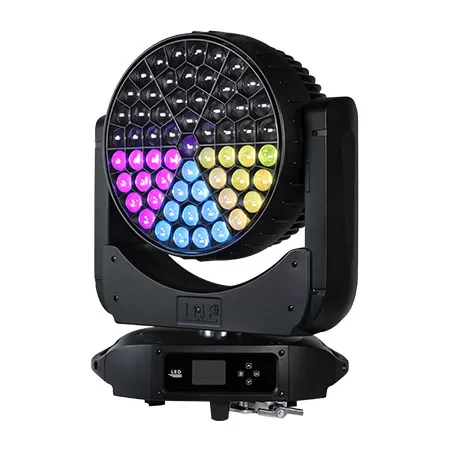
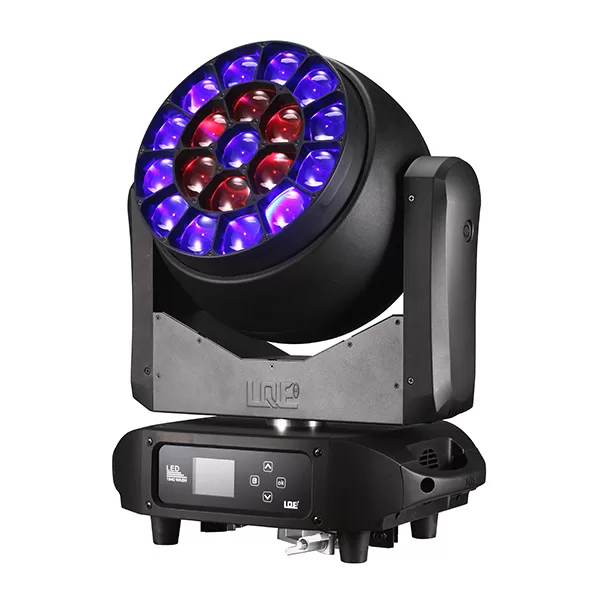
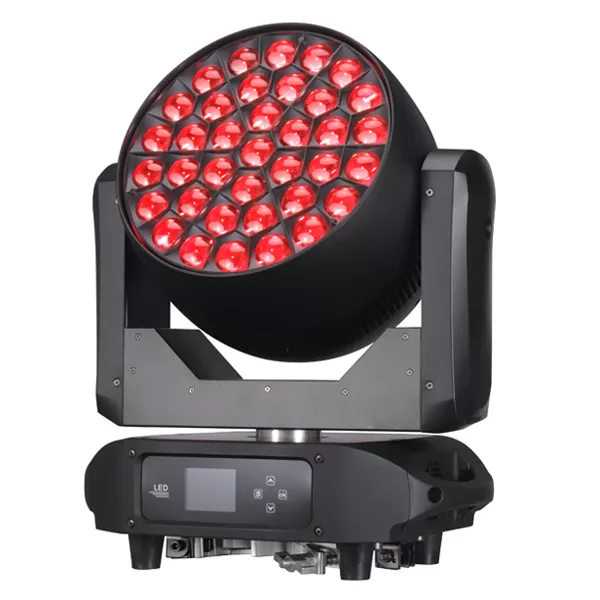
Want to learn more information?
[Reach out to us and receive professional guidance, a personalized quote, and the best solution for your needs.]

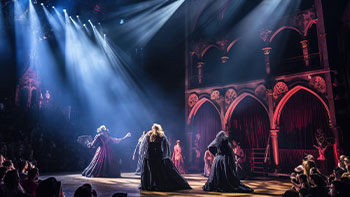
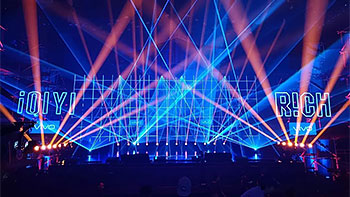
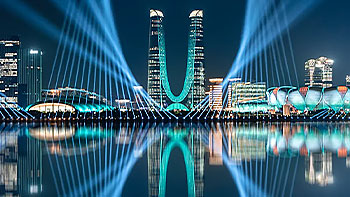
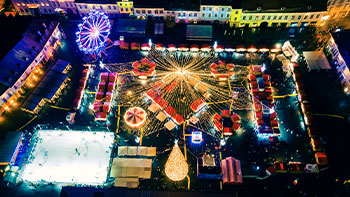
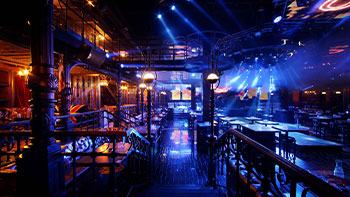
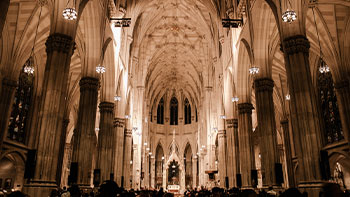






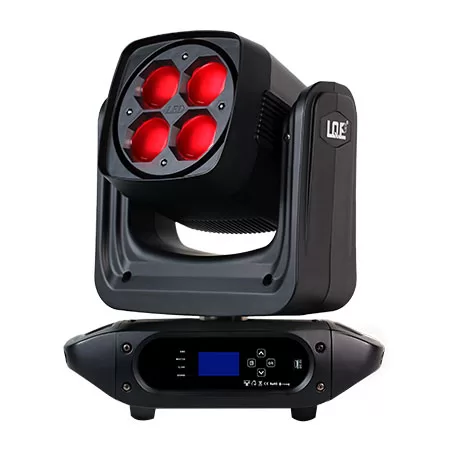
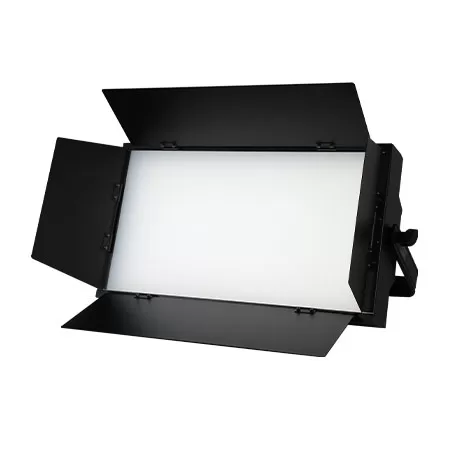
Linkedin
YouTube
Whatsapp: +8618924548390
TikTok